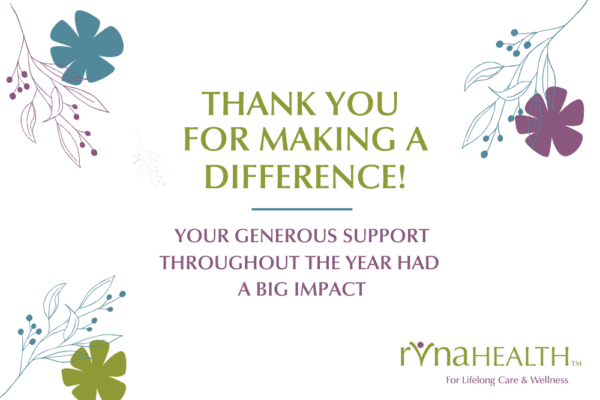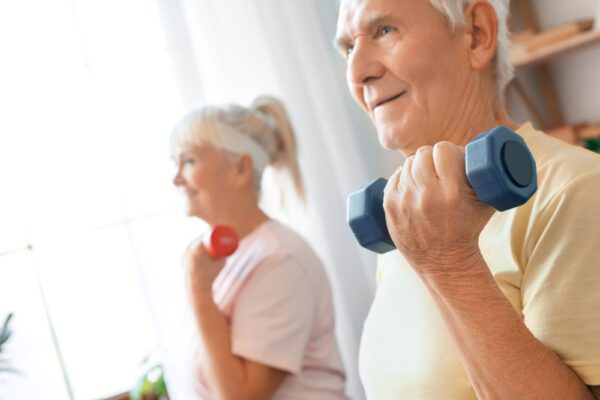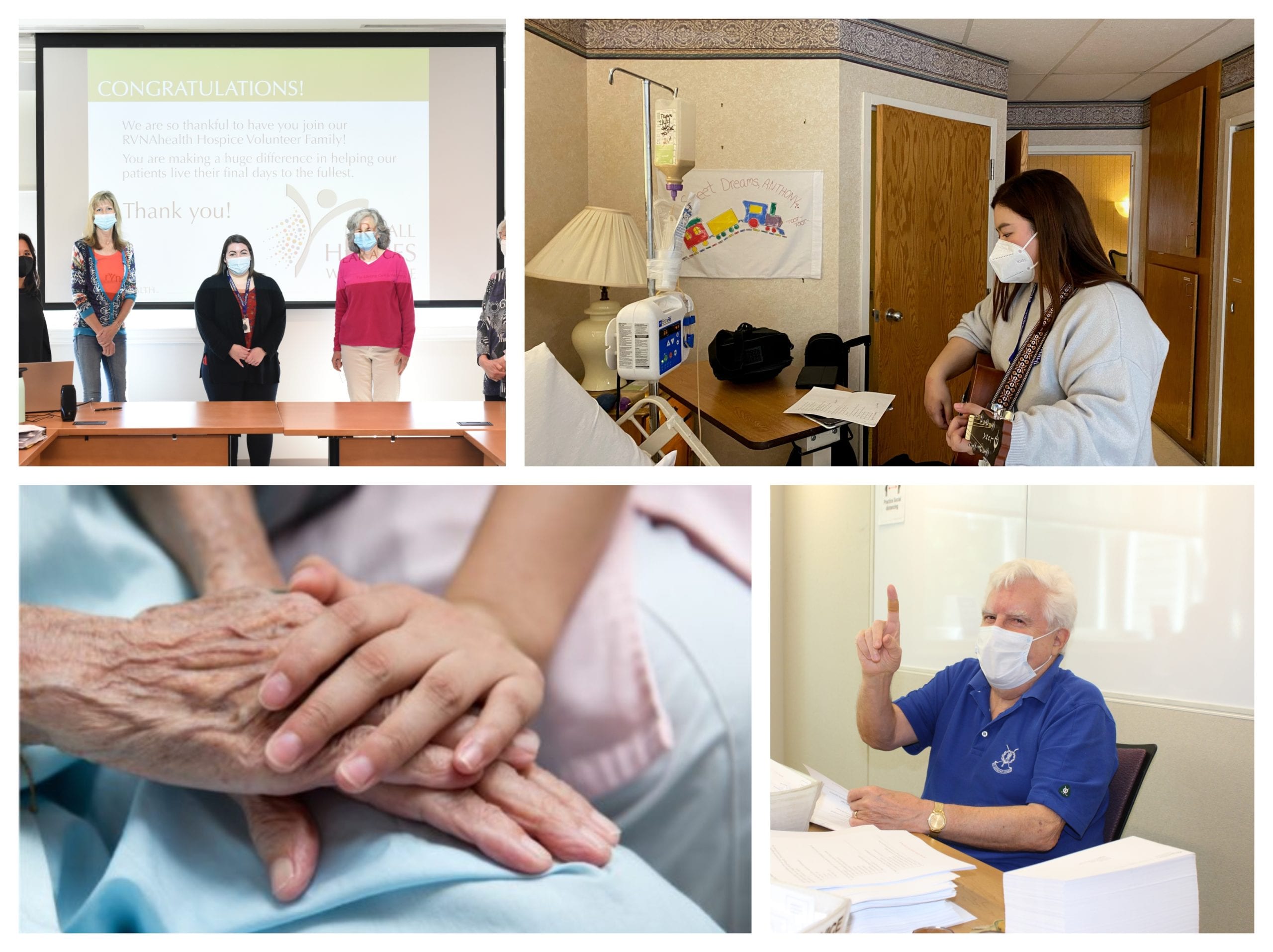

“The experience is a game changer,” says Ridgefield resident Maureen Bohrer (below, right), referring to the 16-hour training she attended as part of her RVNAhealth hospice volunteer orientation. While some prospective hospice volunteers find the hours daunting, Bohrer considers it a gift. “In the scheme of what you get out of the experience, the small investment of time is nothing,” she said, “Hospice is the most beautiful gift you can give someone else, and I was grateful to be trained in person rather than just handed a manual to read.”
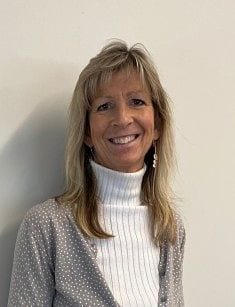

Sabrina Thomas (at left), a peer volunteer agreed. “The training was really enjoyable – dare I say fun – and went by so fast; I didn’t want it to end!” Both women pursued hospice volunteerism following personal experiences with hospice care — which focuses on quality of life for those living with life-limiting illness. “I wish someone mentioned hospice [to our family] sooner than they did because they were angels of mercy,” Bohrer said of the hospice care her father received. “Our best days together were after hospice care was involved.”
At RVNAhealth, the multi-disciplinary hospice care team — composed of medical doctors, hospice nurses, social workers, pastoral care providers, and music therapists — also includes a fleet of aptly-trained volunteers who support the program in a myriad of ways, both clinical and non-clinical. Volunteers can choose from providing companionship to patients, running errands for loved ones, or supporting the program through administrative tasks like assembling family information kits. Clinical volunteer opportunities also exist, operating under the guidance of a hospice registered nurse.
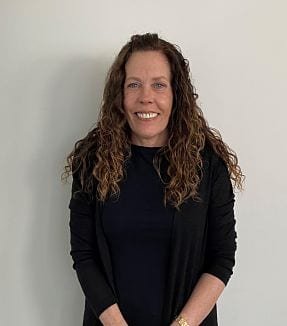

“We recruit, and revere, our hospice volunteers because they add depth, richness, and extra hands and talents to our team and our program,” says Stephanie Peppe, RVNAhealth hospice volunteer coordinator. ’But RVNAhealth, and all Medicare-certified hospice programs, are also required by law to have 5% of service hours performed by volunteers.” Why? Because hospice care in the U.S. was founded by volunteers, and the commitment to the integrity, beauty, and altruism of volunteering remains.
According to Keri Linardi, RN, BSN, PHN, CHPCA, Chief Clinical Officer, “Volunteers are instrumental in the comprehensive care we provide our hospice patients. Everything they do, whether organizing supplies, keeping a patient company, or walking their dog, contributes to making that person’s life, and those who love them, better. It’s a precious gift.”
Peppe agrees, “I love our volunteers. They come to us generously with selfless intent, yet they have a profound impact on those they touch.” Peppe is the primary contact for all RVNAhealth volunteers and manages hospice volunteers through their assignments and tasks. Peppe also conducts the training that all hospice volunteers must complete before beginning assignments and qualifying for hospice service hours.
“In many ways, Hospice volunteer training is a primer for life,” says Peppe. “We are all touched by death, and the loss of loved ones. Our hospice training is designed to teach our volunteers the important themes and realities surrounding death and dying so — even if they are doing administrative work — they fully understand the context and world in which hospice care resides, and the care and comfort we bring to our patients and their loved ones. They leave training not only prepared to volunteer for RVNAhealth hospice, but often more comfortable and prepared for situations they may encounter in their own lives.”
RVNAhealth volunteer training is composed of both self-guided online modules and in person sessions. Prospective volunteers will learn the ins and outs of hospice; specifics of death, dying and bereavement; infection control and HIPAA, and volunteer policies and procedures. “The training sounds heavy,” says Peppe, “but the sessions are interesting and informative, and the volunteers and I really enjoy the process and the time together.”
Volunteer Maureen Bohrer recently recounted a conversation with a friend that sums up the hospice volunteer program best.
“Why are you spending your free time doing something so depressing?”
“Because it’s anything but depressing! It’s one of the most positive things I’ve ever done in my life; I get way more back than I give,” Bohrer replied. “The real question is…why aren’t you doing it, too?”
That friend is now registered for the RVNAhealth hospice volunteer training too.
Stephanie Peppe, RVNAhealth Volunteer Coordinator, wants you to consider volunteering too. For more information about the RVNAhealth volunteer program, visit https://rvnahealth.org/support-us/volunteer/ or contact Stephanie directly at speppe@rvnahealth.org, 203.438.5555 x1025.

